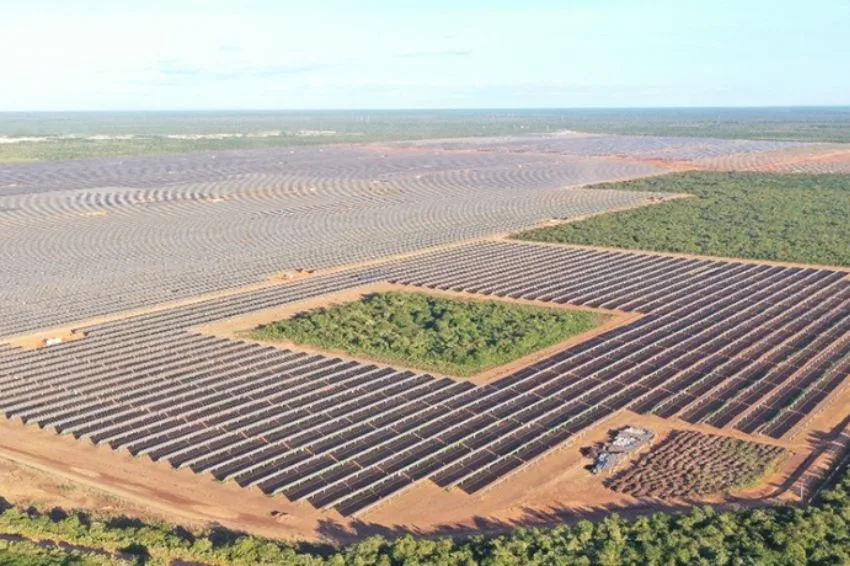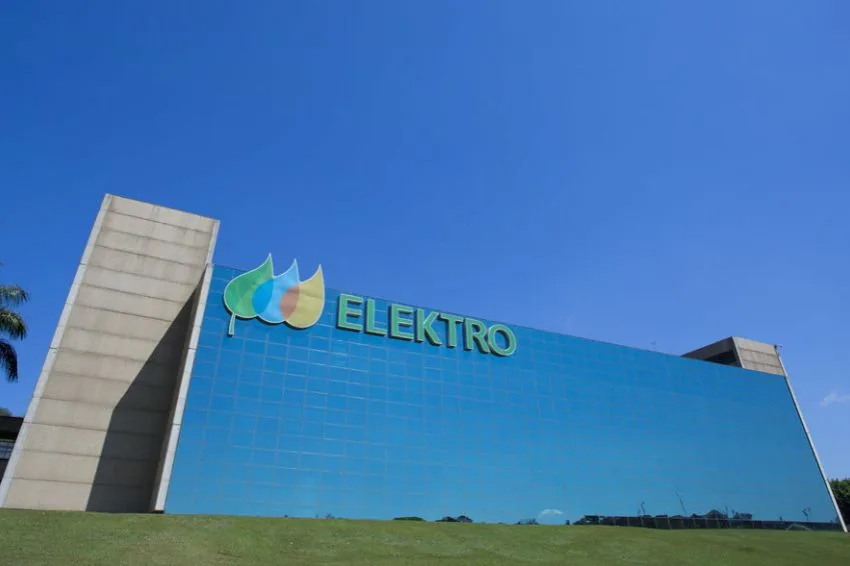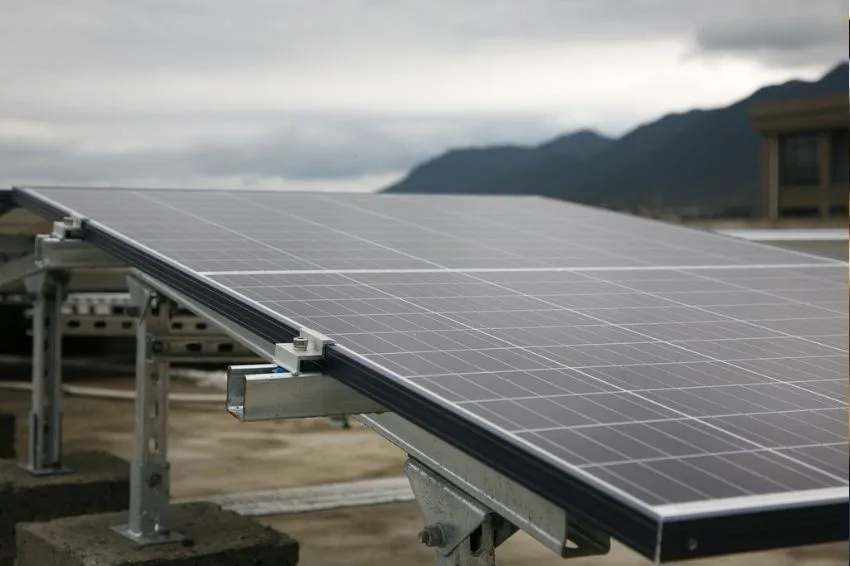Aiming to strengthen the security of operations in the electricity market and following the expansion of the free market, the CCEE (Electric Energy Trading Chamber) released a technical note proposing changes to its organizational structure.
The proposal includes the extinction of superintendencies, creation of boards, implementation of prerequisites for choosing advisors and directors, and a change in the charging of the association fee.
With the new proposed structure, CCEE foresees an increase of R$ 7.2 million annually for costs, equivalent to 3.6% of the budget for 2023, considering this value as a “minimum cost in relation to the expected benefits”. Agents will have 20 days, starting July 4th, to send contributions about the proposal to email [email protected].
According to the proposal, the Board of Directors would assume strategic activities, with new responsibilities focused on planning and supervision. The current superintendencies would be replaced by executive directorates, responsible for carrying out administrative and technical-operational activities.
The new Board of Directors would be composed of seven full members (and their respective substitutes), without exclusive dedication. Among them, there would be a MME representative (Ministry of Mines and Energy) occupying the position of president, in addition to representatives from the generation, commercialization, consumption and distribution categories, as well as two independent directors.
You new advisors must prove, at a minimum, ten years of experience in the electrical sector and at least five years of experience as executives in companies in the sector. Your terms would be two years, allowing for reappointment.
Furthermore, the advisors would not have exclusive dedication to CCEE, being able to work in other activities and companies in the sector, but independent directors could not work in companies in the sector, whether public or private.
A The main change involves the creation of the Market Security Advisory Committee and the appointment of a new board with exclusive responsibility for monitoring the market.
In total, six directorates would be created:
- General Board, occupied by the Chief Executive Officer;
- Corporate Board;
- Market Management Directorate;
- Market Operations Directorate;
- Market Technology Directorate; It is
- Security and Market Monitoring Directorate. The directors would be elected at the General Assembly.
To occupy the position of CEO, a minimum of ten years' experience in the electricity sector would be required, while other directors would need to have at least five years of experience as executives.
All directors would report directly to the CEO, with the exception of the Director of Security and Market Monitoring.
In this proposal, this board would report directly to the president of the Board of Directors, preserving the confidentiality of the information under its responsibility and not participating in Executive Board meetings on topics that do not involve market security. Directors' terms of office would be for a period of four years, allowing for a single reappointment.
It is also planned to create a Supervisory Board, made up of three full members and one alternate, with a mandate of one year and one reappointment. To be admitted to the position, members of the Supervisory Board must have at least three years of experience in companies in the sector, in addition to technical and academic qualifications.
Furthermore, a Audit Committee, responsible for monitor the integrity of financial statements, supervise audit work, risk management and internal controls, among other aspects.
The restructuring proposal also considered the creation of a Market Security Committee, with the aim of advising the Security and Market Monitoring Department and bringing the market closer to new monitoring practices.
Finally, the CCEE also proposes the associative charging of a fixed fee, called “Minimum Associative Contribution”, and an additional fee proportional to the energy transacted, called “Operational Associative Contribution”.
Click here to read the responsibilities of each department.















